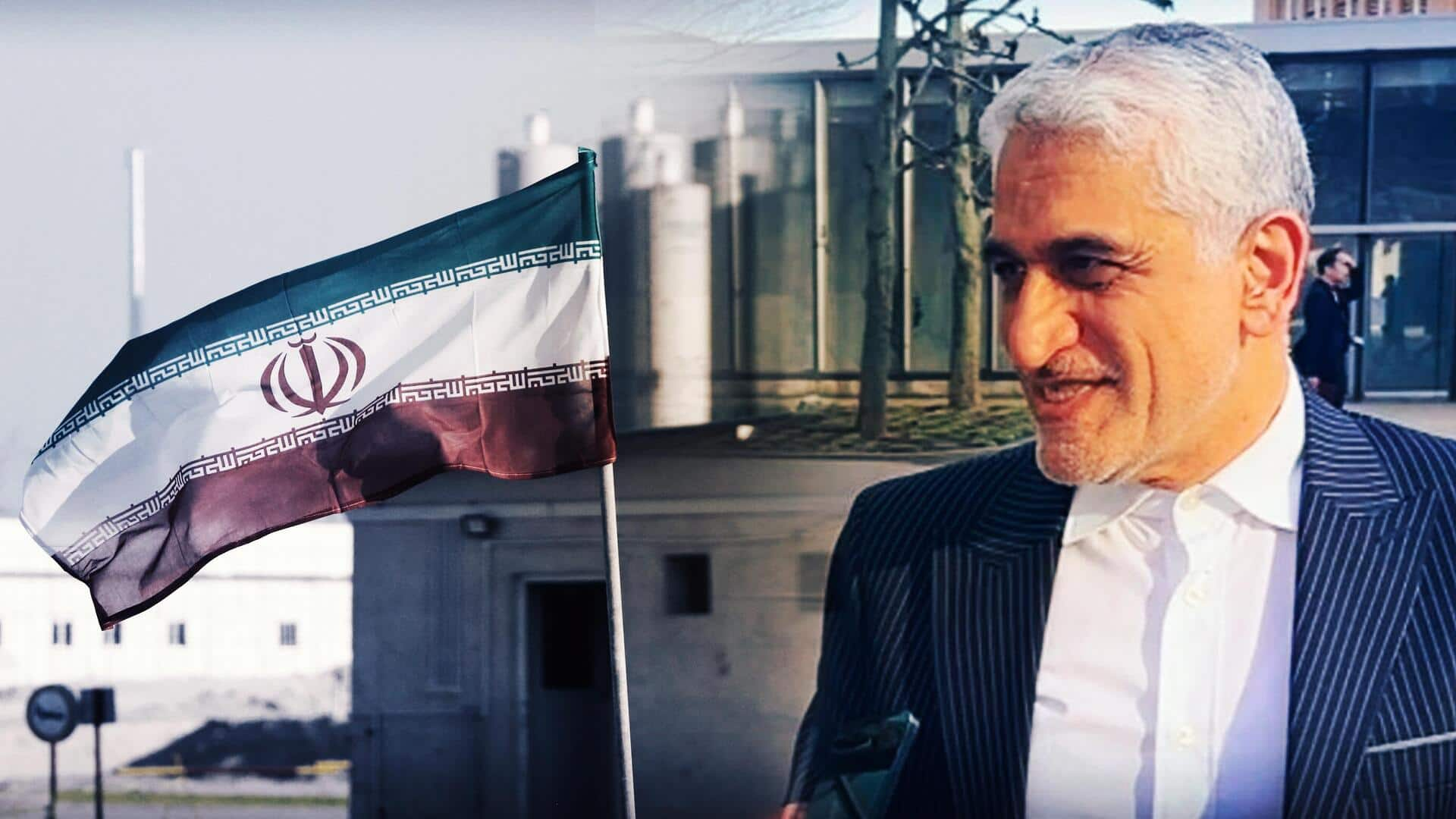
As Iran-Israel conflict escalates, UN worried about nuclear strike attack
What's the story
As Israeli Prime Minister Benjamin Netanyahu mulls a counterstrike on Iran, the United Nations (UN) has appealed for the de-escalation of a much-feared war in the Middle East. The conflict between Iran and Israel escalated following a direct attack by the Islamic Republic on Israel last Saturday. The assault was a response to the bombing of Iran's consulate in Damascus. As of now, Netanyahu has twice convened his war cabinet to discuss potential countermeasures against its arch-enemy.
Context
Why does this story matter?
Late Saturday, Iran launched a barrage of 300 drones and missiles at Israel, a move that was largely intercepted by Israeli defense systems. Tehran stated it considered the matter "concluded" unless Israel decided to commit "another mistake." However, Iran warned that if Israel made another error, its reaction would be "considerably more severe," indicating a potential escalation in hostilities.
Urgent meeting
UN worried about attack on Iranian nuclear sites
On Monday, the United Nations Security Council(UNSC) convened an urgent meeting in response to the Iranian assault on the Jewish territory. Secretary-General Antonio Guterres warned that the region was on the brink of war and urged for a decrease in hostilities. Meanwhile, the head of the United Nations nuclear watchdog said they were concerned about Israel possibly targeting Iranian nuclear facilities. "We are always concerned about this possibility," said IAEA Director General Rafael Grossi.
International response
US and India advocate for diplomatic resolution
Meanwhile, United States (US) officials, who had previously intervened to prevent the strike, advised Israel to act cautiously following Iran's attack. President Joe Biden dialed Netanyahu to emphasize that the US would not provide military support for any counterattack against Iran. Led by PM Narendra Modi, India also called for an immediate reduction in hostilities and a return to diplomatic negotiations, stressing that rising tensions should be addressed through "dialog and diplomacy".
Spillover fears
Regional impact of the Iran-Israel conflict
Iran and Israel have been in a shadow war for decades but the recent escalation has raised fears of a full-fledged war in the Middle East. Notably, since the start of the war in Gaza on October 7, confrontations have erupted between Israel and groups aligned with Iran in Lebanon, Syria, Yemen, and Iraq. The regional instability has sparked fears of a broader conflict that could engulf multiple countries.
International stance
Global reaction to Iran's military onslaught
The global community has condemned Iran's military assault on Israel. The US reaffirmed its unwavering support for Israel, while Russia and China called for restraint. Hamas backed Iran's attack, labeling it a "natural right and a deserved response." Several countries, including India, France, Poland, and Russia, have issued advisories against travel to the region due to the escalating conflict.